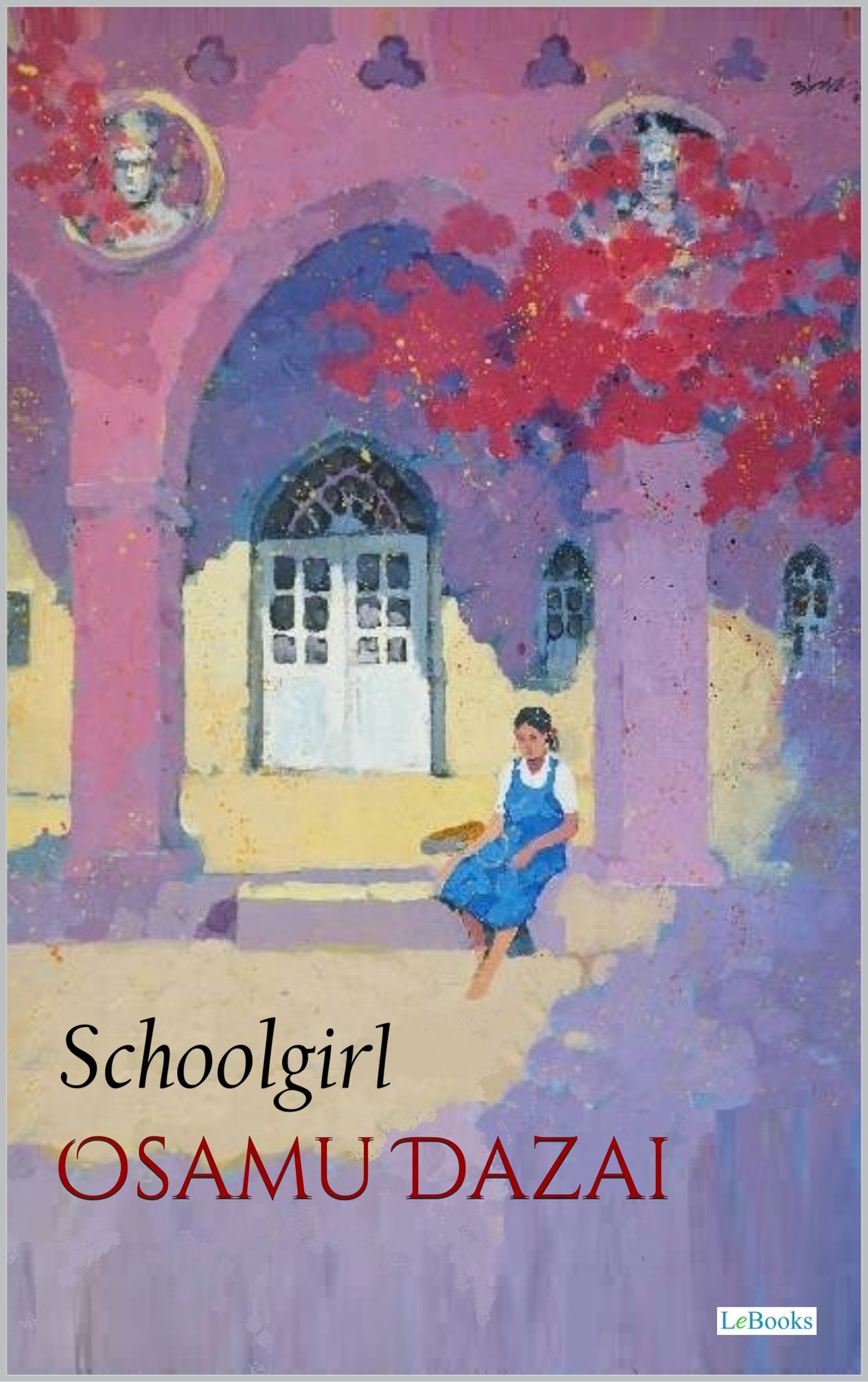
Schoolgirl is a poignant exploration of youth, identity, and the alienation experienced in early 20th-century Japan. Osamu Dazai delves into the inner world of a young girl grappling with the expectations of society and the confusion of adolescence. Through the fragmented diary entries and reflections of the unnamed protagonist, the story reveals themes of loneliness, the search for meaning, and the struggle to reconcile individual desires with societal pressures.
Since its publication, Schoolgirl has been praised for its intimate and confessional style, which offers a raw and honest portrayal of a young woman's emotional landscape. Dazai's ability to capture the subtle nuances of teenage anxiety and existential questioning has secured the work's place as a significant piece in Japanese modernist literature. The narrative's introspective tone and focus on the protagonist's psychological depth invite readers to empathize with the universal challenges of growing up.
The enduring significance of Schoolgirl lies in its reflection on the fragility of youth and the complexities of self-awareness in a rapidly changing world. By illuminating the tensions between personal freedom and social conformity, the novella encourages readers to consider the silent struggles behind outward appearances and the profound impact of societal expectations on individual identity.